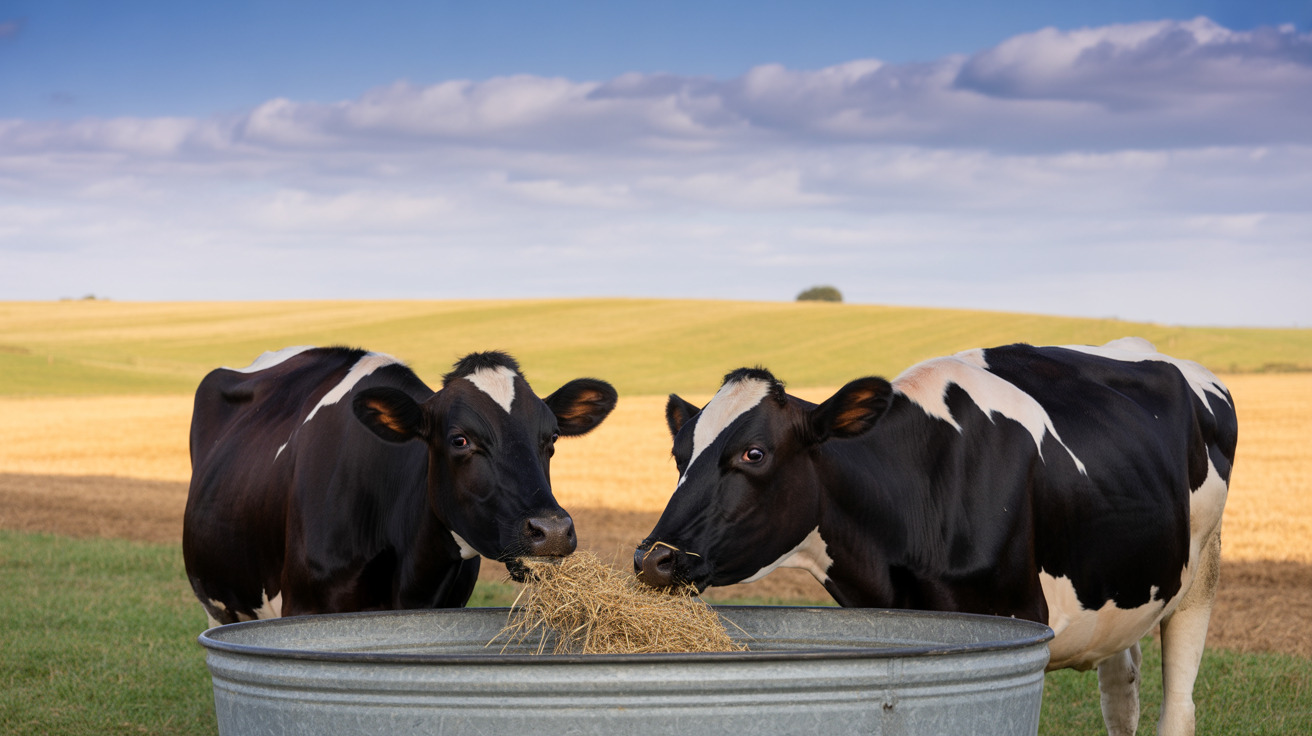Every October 2nd, World Farmed Animals Day serves as a powerful reminder of our responsibility toward the billions of animals in our food system. This annual observance brings together advocates, veterinarians, policy experts, and concerned citizens to examine and address the pressing issues surrounding animal welfare in agriculture.
According to Annette Manusevich, Farming Campaign Manager at World Animal Protection (U.S.), this day holds particular significance as it coincides with Mahatma Gandhi's birthday, embodying principles of compassion and non-violence. The observance creates a crucial platform for discussing the interconnected challenges of animal welfare, environmental sustainability, and our food future.
Factory Farming and Animal Welfare Concerns
The current state of industrial animal agriculture presents significant welfare challenges for farmed animals. Factory farm conditions often involve overcrowding and limited outdoor access, raising serious concerns about the quality of life for these creatures. These practices affect billions of animals worldwide, from laying hens to dairy cows and meat-producing livestock.
Animal Protection Campaigns Making a Difference
Organizations like World Animal Protection work year-round to advocate for better conditions and humane farming practices. Their efforts focus on promoting positive changes in industrial animal agriculture and encouraging consumers to make more conscious choices about their food sources.
The Environmental Impact of Animal Agriculture
The connection between farmed animal welfare and environmental sustainability cannot be overlooked. Animal agriculture contributes significantly to global greenhouse gas emissions and poses challenges to sustainable food systems. This reality emphasizes the importance of considering both animal welfare and environmental impact in our food choices.
Sustainable Food Solutions
Progressive farmers and advocates are working to develop more sustainable approaches to animal agriculture. These efforts include:
- Implementing higher welfare standards
- Reducing environmental impact through better management practices
- Supporting local and regional food systems
- Promoting transparency in farming practices
Consumer Choices and Animal Welfare Certifications
Consumers play a vital role in promoting better farming practices through their purchasing decisions. When shopping, look for products with recognized animal welfare certifications. These may include:
- Cage-free eggs from facilities providing better living conditions
- Free-range meat products offering animals more natural environments
- Products certified by reputable animal welfare organizations
Plant-Based Diet Benefits
Many observers of World Farmed Animals Day choose to explore plant-based alternatives as part of their commitment to animal welfare. This approach can offer multiple benefits:
- Reduced environmental impact
- Support for more sustainable food production
- Decreased demand for factory-farmed products
- Improved animal welfare outcomes
Frequently Asked Questions
What is World Farmed Animals Day and why is it observed on October 2?
World Farmed Animals Day is an annual event held on October 2, chosen to honor Mahatma Gandhi's birthday and promote awareness about the suffering of farmed animals in industrial agriculture worldwide.
How does factory farming affect the welfare of animals like cows, pigs, and chickens?
Factory farms often confine billions of animals in crowded, stressful conditions involving mutilations, limited outdoor access, and early slaughter, leading to severe animal suffering and poor welfare.
How can consumers support farmed animal welfare and more humane farming practices?
Consumers can support higher welfare products like cage-free or free-range options, participate in plant-based eating, advocate for stricter animal welfare laws, and engage in awareness activities such as those on World Farmed Animals Day.
The observance of World Farmed Animals Day reminds us that our food choices have far-reaching implications for animal welfare and environmental sustainability. By staying informed and making conscious decisions about our food sources, we can contribute to positive change in our food system and support better conditions for farmed animals worldwide.






